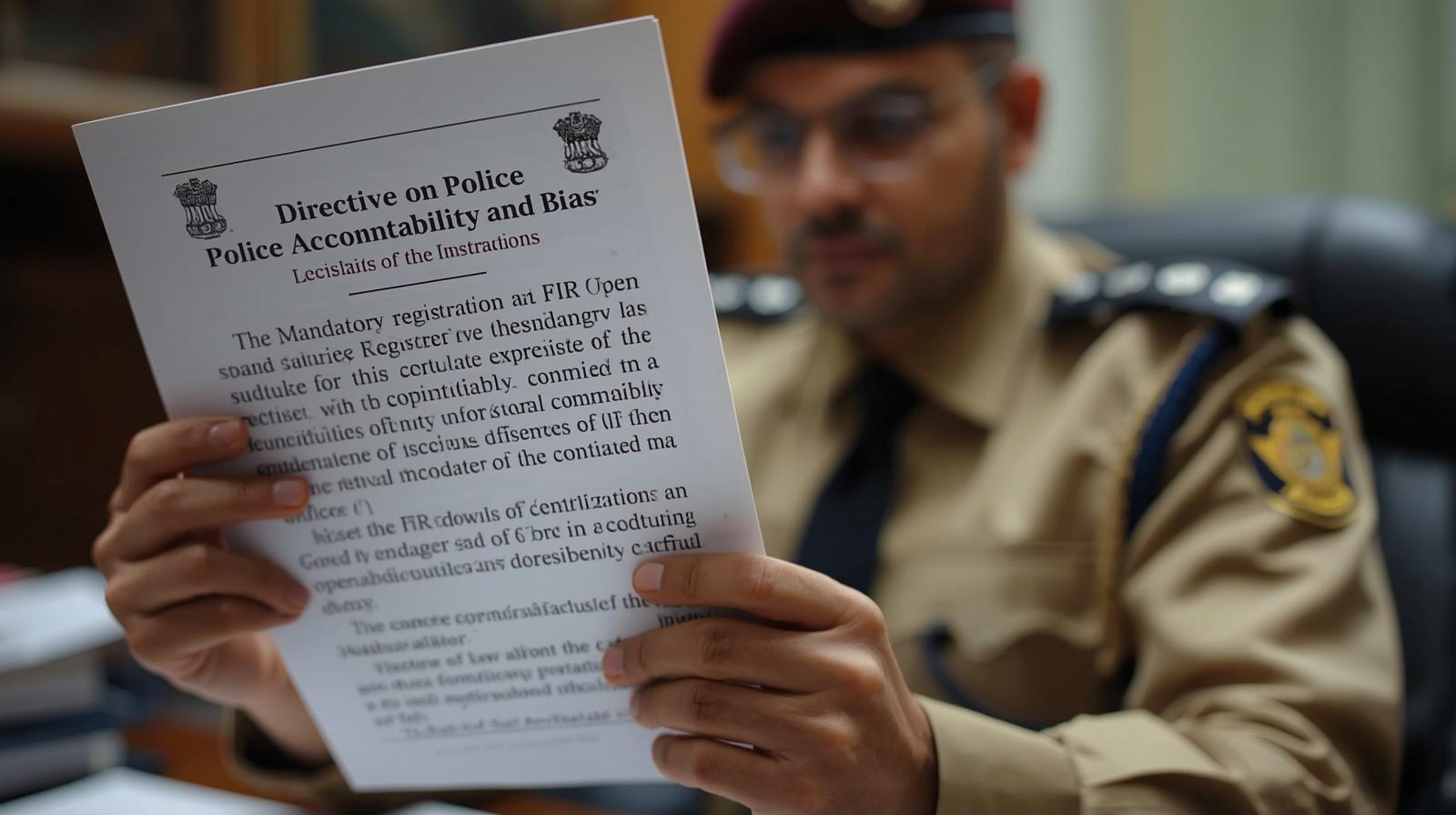A Critical Examination of Mohammad Afzal Mohammad Sharif v. State of Maharashtra
The Supreme Court of India's recent judgment in the case of Mohammad Afzal Mohammad Sharif v. State of Maharashtra underscores the imperative role of law enforcement in impartially upholding justice, particularly in communally sensitive situations. This landmark ruling highlights the judiciary's stance on police accountability, bias, and the mandatory procedural obligations stipulated under the Code of Criminal Procedure, 1973.
Background of the Case
The case emerged from a distressing incident during communal riots in Akola City, Maharashtra, on May 13, 2023. Mohammad Afzal, the appellant, was brutally assaulted while witnessing the murder of Vilas Mahadevrao Gaikwad, allegedly due to mistaken religious identity. Despite Afzal's serious injuries and subsequent hospitalization, the local police failed to register a First Information Report (FIR), prompting legal action.
Judicial Findings
1. Mandatory Registration of FIRs:
The Supreme Court reiterated the mandatory nature of registering an FIR upon receiving information of a cognizable offence. The police’s failure to act on the Medico-Legal Case No. 5580 involving Afzal was deemed a serious dereliction of duty. The Court invoked Section 154 of the CrPC, emphasizing that any information disclosing a cognizable offence requires immediate registration and investigation without preliminary inquiry, except in specific circumstances.
2. Police Accountability and Bias:
The judgment criticized the police for their inaction and apparent bias, which compromised their role as impartial enforcers of the law. The Court underscored the necessity for police officers to act devoid of personal biases, emphasizing their duty to uphold the law with integrity and objectivity.
3. Special Investigation Team (SIT):
The Court directed the formation of a Special Investigation Team (SIT) comprising officers from both Hindu and Muslim communities to ensure an unbiased and thorough investigation into the incident. This directive aims to restore public confidence in the investigative process, particularly in cases entangled with communal tensions.
4. Disciplinary Actions:
The Court mandated disciplinary proceedings against the erring police officials, including the Superintendent of Police, for their failure to act on Afzal's complaint. This action serves as a deterrent against future negligence and reinforces the accountability mechanisms within the police force.
Implications and Future Directions
The Supreme Court's verdict is a pivotal step toward reinforcing the principles of justice and equality before the law. It highlights the judiciary's proactive role in addressing systemic issues within law enforcement agencies, particularly regarding bias and accountability. The directive for a SIT reflects a progressive approach towards ensuring impartiality in investigations, especially in communally sensitive cases.
Moreover, the judgment calls for the sensitization and training of police personnel, emphasizing the need for continuous professional development to align their actions with constitutional mandates and human rights principles.
Conclusion
The judgment in Mohammad Afzal Mohammad Sharif v. State of Maharashtra serves as a critical reminder of the judiciary's role in safeguarding democratic values and human rights. By holding police accountable and advocating for unbiased investigations, the Supreme Court reaffirms its commitment to upholding justice and fostering a more equitable legal system. This case sets a precedent for future actions against dereliction of duty and bias within law enforcement, marking a significant step towards a more just and fair society.
Mohammad Afzal Mohammad Sharif v. State of Maharashtra, (SC) : Law Finder Doc Id # 2777235




